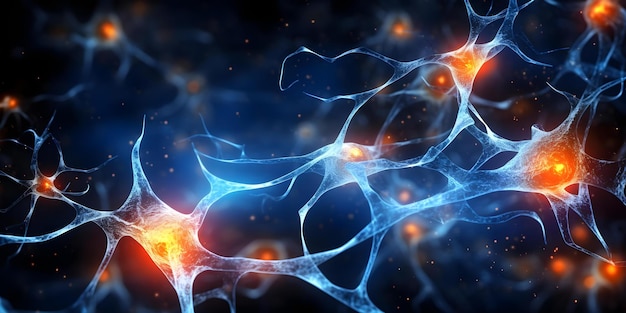Ethanol, or ethyl alcohol, significantly affects the human body, especially in large amounts. This post explores its general and specific effects on various bodily systems and functions.
General Effects of Ethanol
The body doesn’t metabolize ethanol for nutrients but rather to neutralize and eliminate it. When your body can’t process and expel alcohol efficiently, intoxication starts. This initially shows as nervousness and progresses based on the blood alcohol level, measured in g/l.
Although the oxidation of alcohol releases energy, it doesn’t offer nutrients, earning it the label “empty calories.”
Ethanol has a two-phase effect on the central nervous system:
1. In small doses, it can cause euphoria and reduce inhibitions.
2. At higher doses, its depressant effects on the central nervous system become more apparent.
Specific Effects of Ethanol
Ethanol impacts more than just the central nervous system; it affects various parts of the body, leading to multiple health issues.
Impact on the Brain:
Ethanol disrupts brain communication pathways, which can alter mood and behavior, impair coordination, and hinder clear thinking.
Effects on the Cardiovascular System:
Excessive drinking can harm the cardiovascular system, potentially causing:
– Alcoholic heart disease
– Cardiomyopathy
– Arrhythmias
– Stroke
– Hypertension
Impact on the Liver:
High alcohol intake stresses the liver, causing inflammatory problems like:
– Alcoholic steatosis (fatty liver)
– Alcoholic hepatitis
– Liver fibrosis
– Liver cirrhosis
Effects on the Pancreas:
Ethanol can cause the pancreas to produce toxic substances, leading to acute inflammation (pancreatitis) and other complications.
Impact on the Fetus:
Ethanol is toxic to embryos/fetuses. Excessive consumption during pregnancy can cause nutritional deficiencies and, in severe cases, lead to fetal alcohol syndrome.
Effects on the Immune System:
Excessive drinking weakens the immune system, making the body more prone to illnesses.
Impact on Nutritional Status and Oral Health:
Chronic heavy drinking can compromise nutritional health, leading to vitamin deficiencies and altering body composition. It can also cause oral health problems like stomatitis, canker sores, gingivitis, and tooth loss.
Increased Cancer Risk:
Long-term heavy drinking raises the risk of cancers in the mouth, esophagus, throat, liver, and breast.
Blood Alcohol Levels and Effects of Alcohol
The brain’s reaction to alcohol varies depending on the blood alcohol level:
– 0.2-0.4 g/l: Mild euphoria, talkativeness, slight motor incoordination, moderate reduction in judgment and attention.
– 0.5-0.8 g/l: Increased motor incoordination, reduced perception, further judgment impairment, dangerous driving tendency.
– 0.8-1.0 g/l: Overestimation of driving ability, central road driving, delayed reaction times.
– 1.0-2.0 g/l: Emotional instability, memory loss, poor judgment, ataxia, difficulty speaking.
– 2.0-4.0 g/l: Severe drunkenness, mental confusion, disorientation, apathy, significant perceptual changes, pupil dilation, vomiting, incontinence, inability to stand.
– 4.0-5.0 g/l: Potentially lethal levels: coma, hypothermia, reduced breathing, low blood pressure, anesthesia.
Thermoregulation
Ethanol intake can disrupt body temperature regulation. It causes skin vasodilation and increased blood flow, giving an initial warm sensation followed by rapid heat loss. At high doses, it depresses the central regulation mechanism, reducing the perception of temperature, pain, and other sensations.
In conclusion, while ethanol might offer temporary euphoria or warmth, its long-term effects can be harmful. It’s essential to drink responsibly and stay aware of its health impacts.







